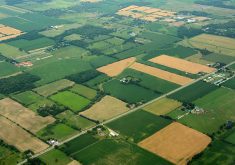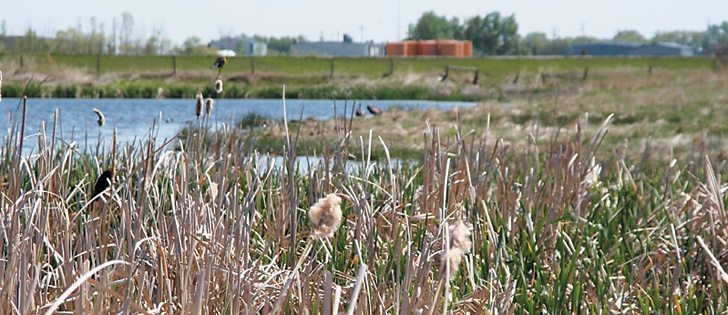AFTER THE 2008 election that sent more New Democratic Party MPs to Parliament Hill, leader Jack Layton clearly was peeved at a reporter’s question about rural rejection of the party.
The questioner, a Western Producer agitator, was focused on the NDP failure to gain traction on the rural Prairies. It was again shut out, save a seat in northern Manitoba.
As recently as 1988, the NDP held 10 of Saskatchewan’s 14 seats and many rural British Columbia seats.
Read Also

Budget seen as fairly solid, but worrying cracks appear
The reaction from the agriculture industry to prime minister Mark Carney’s first budget handed down November 4th has been largely positive.
How do you explain the NDP lack of appeal in rural Canada, the very urban downtown Toronto MP was asked.
After all, the party represents downtown seats in cities such as St. Johns, Halifax, Montreal, Ottawa, London, Toronto, Windsor, Thunder Bay, Winnipeg, Edmonton and Vancouver.
What a downtown party it is!
That is a misrepresentation of NDP rural strength, Layton groused.
And he was absolutely correct.
Being incapable of winning rural prairie seats where the party was born does not mean it has lost its rural roots, though maybe its agricultural ties.
In the 2008 election, the NDP achieved its second best result ever by winning a swath of rural seats, many taken from the Liberals in rural northern Ontario.
It has increased Layton’s claim to be a legitimate national opposition leader aspiring to power, or at least influence, with MPs from eight of 10 provinces.
But the result also has enormously complicated Layton’s claim to be the voice of Canada’s left. His caucus now represents some of that conservative rural sensibility that makes downtown Toronto views less than the whole of Canada.
Gun control is an example.
Layton, son of a downtown Montreal Tory MP, never met a gun owner he didn’t see as a threat to public safety on the streets of Toronto. In the House of Commons, his party has traditionally voted as a block in favour of gun control laws.
The last election changed everything.
The NDP captured most rural northern Ontario seats from the Liberals.
The NDP caucus is close to half rural with northern, British Columbia, Manitoba, Ontario and Maritime seats. It has changed perspective on long gun registry.
This week in the House of Commons, a Conservative private member’s bill sponsored by Manitoba rookie MP Candice Hoeppner has the best chance of approval of any since Conservatives and their Reform predecessors began to try to end the long gun registry more than a decade ago.
A number of rural New Democrats campaigned with promises to oppose the long gun registry while preserving gun licensing and other functions of the gun control bureaucracy.
This week, they get their chance to show their constituents they meant it.
It is a relatively risk-free vote. Even if Bill C-391 squeaks through, it simply sends it to committee for hearings.
But still, it will be approval-in-principle and a clear signal to rural Canadian voters that the NDP, born out of a union of prairie farmers and urban workers, is more than sushi, latté, bicycling to work and supporting small farmers.
Pro-gun registry MP Layton may have to grit his teeth as some of his MPs rise to oppose his position but he also should realize they are doing him a favour.














